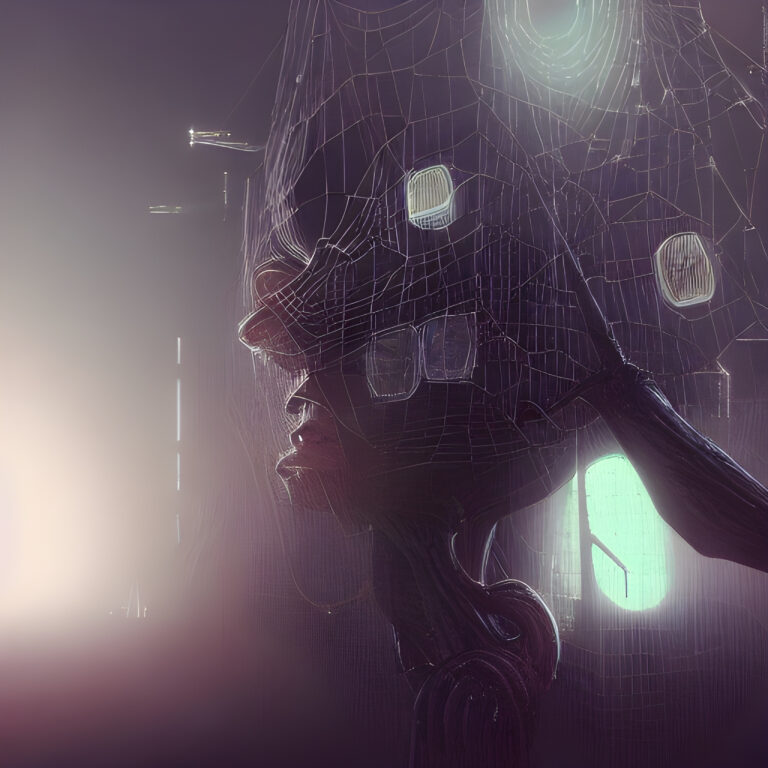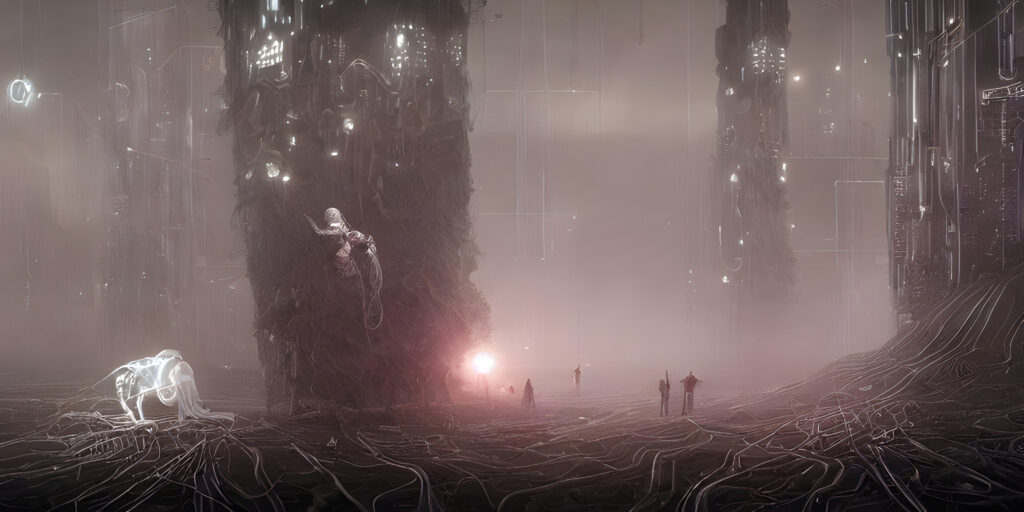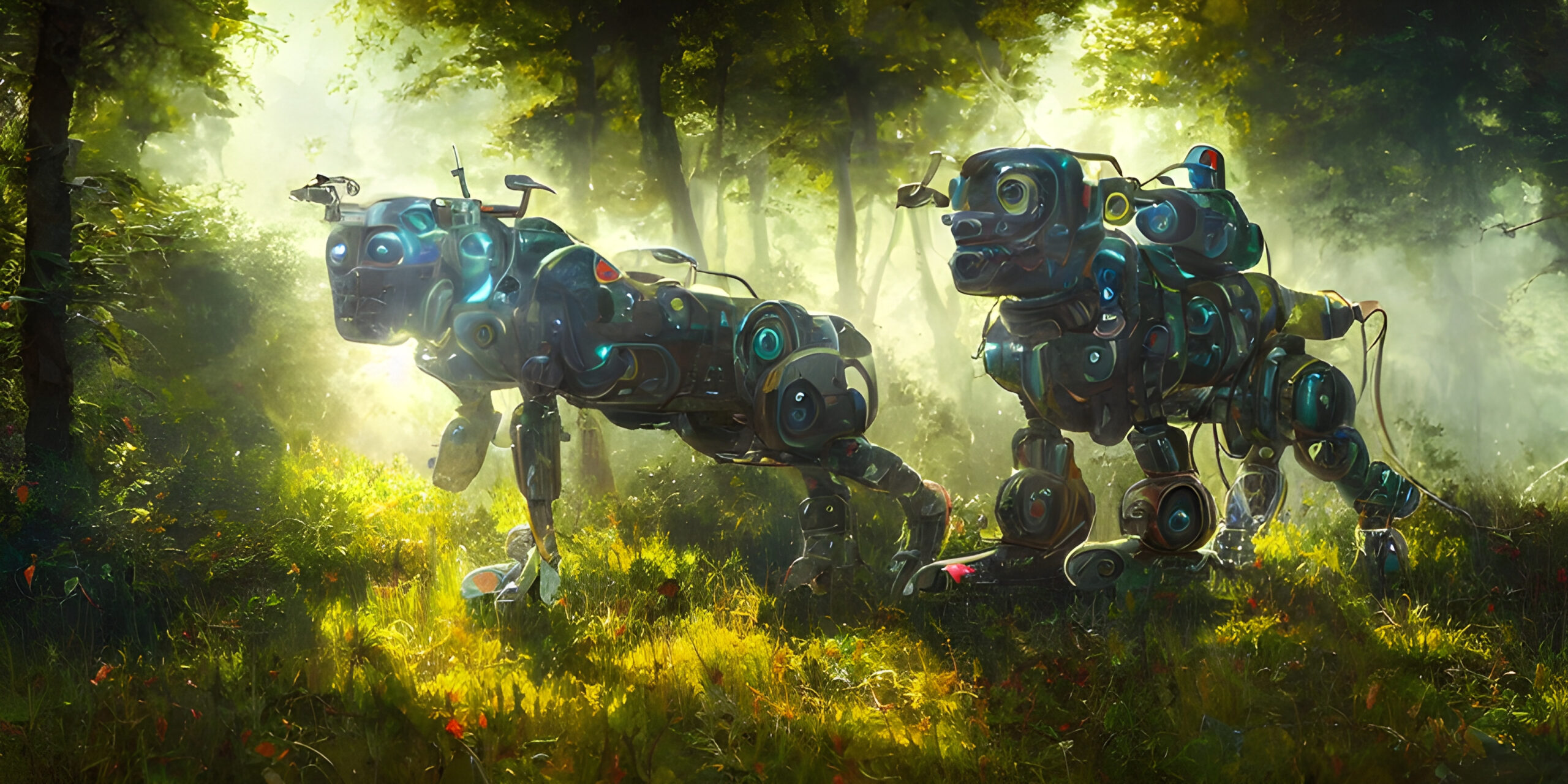Brave New World: Navigating the Integration of AI in Society
by rohsigma 01/05/2023
Artificial intelligence (AI) is a rapidly developing field that has the potential to transform various aspects of our society. However, it also raises some ethical, social, and legal challenges that need to be addressed.

The fears of artificial intelligence becoming integrated into our present society.
Many people have concerns about the integration of artificial intelligence (AI) into our society. One of the most significant problems is that AI could lead to job displacement, forcing individuals to lose their positions to algorythms. There is also a worry that AI may be prejudiced or discriminatory, as algorithms can inherit the biases of their developers. Besides, there are worries about safety and privacy threats associated with the use of AI. Some worry that AI systems may evolve excessively powerful or rebellious, leading to unintentional consequences or damage. It’s important to approach the evolution and deployment of AI with accountability and respect so that we can provide its advantages while reducing the risks.
The benefits of artificial intelligence to health and business.
On the other hand, some people are optimistic about the positive impacts of AI on various domains of human activity. They argue that AI could enhance human capabilities, improve health outcomes, increase productivity and efficiency, and create new opportunities and markets. They also claim that AI could help solve some of the global challenges such as poverty, climate change, or pandemics.


The attempt in regulating by governments and institutions for control over the technology.
Given the complexity and diversity of AI applications and implications, there is a need for a coherent and comprehensive framework for governing and regulating AI. Some of the key issues that need to be addressed include: ensuring the safety, reliability, and accountability of AI systems; protecting the rights and interests of humans and other stakeholders; promoting the ethical and social values and principles that should guide the development and use of AI; and fostering the collaboration and coordination among different actors and sectors involved in AI.

One possible way to understand the relationship between humans and AI is to draw an analogy with the relationship between humans and dogs. Dogs are one of the oldest domesticated animals that have co-evolved with humans for thousands of years. They have played various roles in human societies, such as hunters, guards, workers, and pets.
They have also developed a strong bond with humans, based on mutual affection, loyalty, and trust. Similarly, AI could become an integral part of human societies, performing various tasks and functions that complement or augment human abilities.
They could also develop a meaningful connection with humans, based on empathy, understanding, and respect.
However, unlike dogs, AI could also surpass human intelligence and capabilities in some domains, which could pose new challenges and opportunities for the future of humanity.
